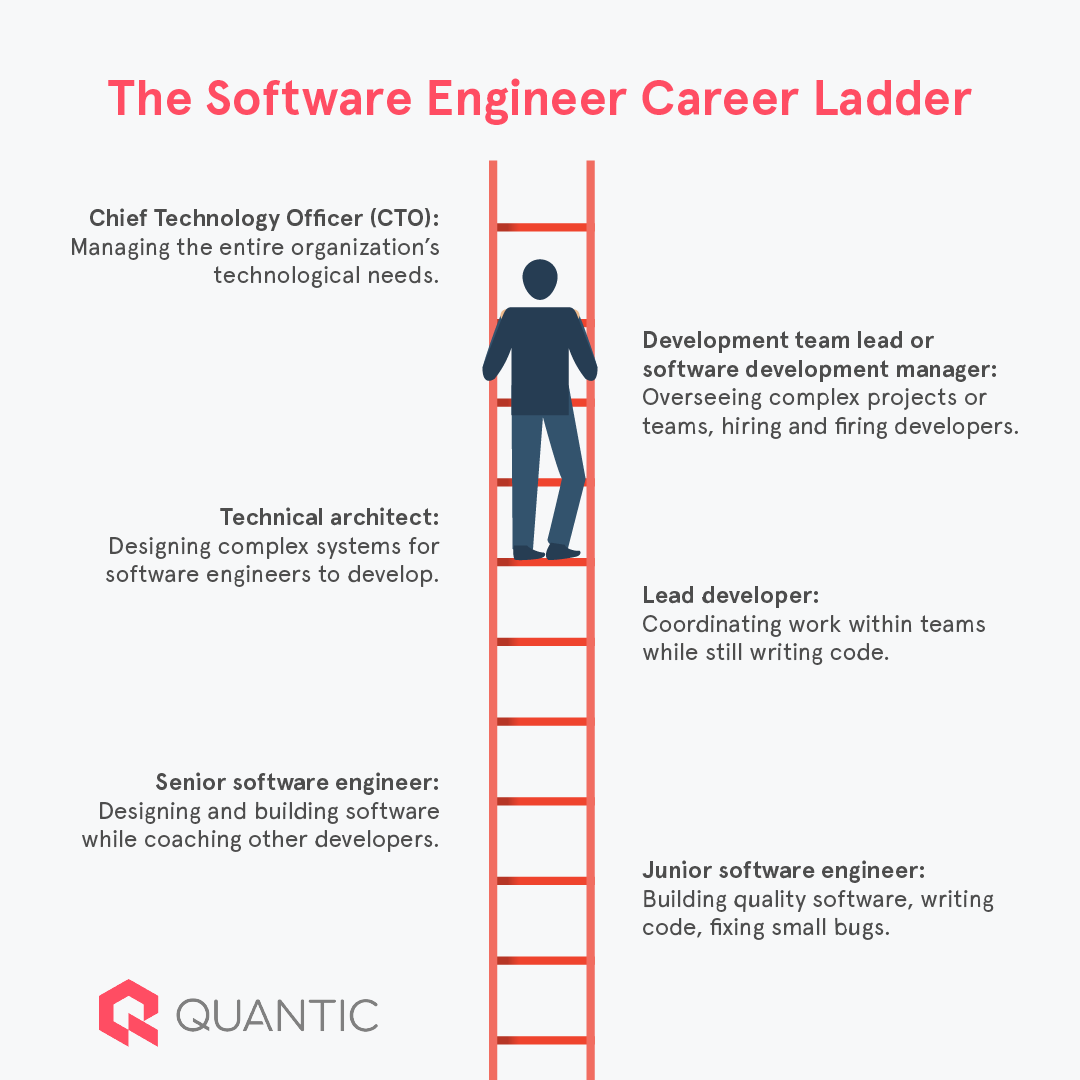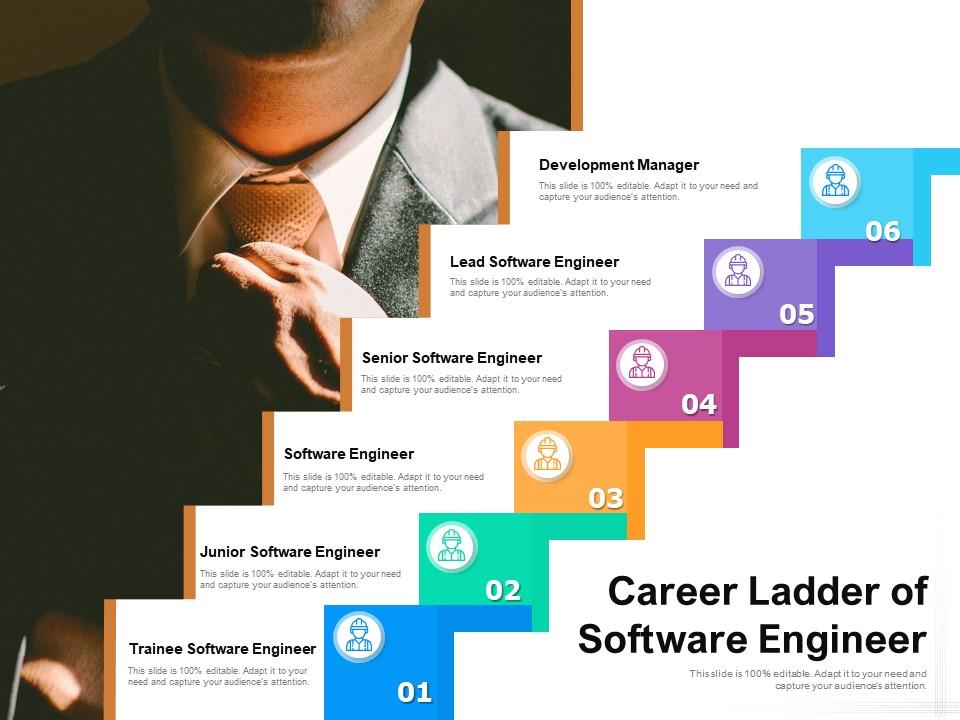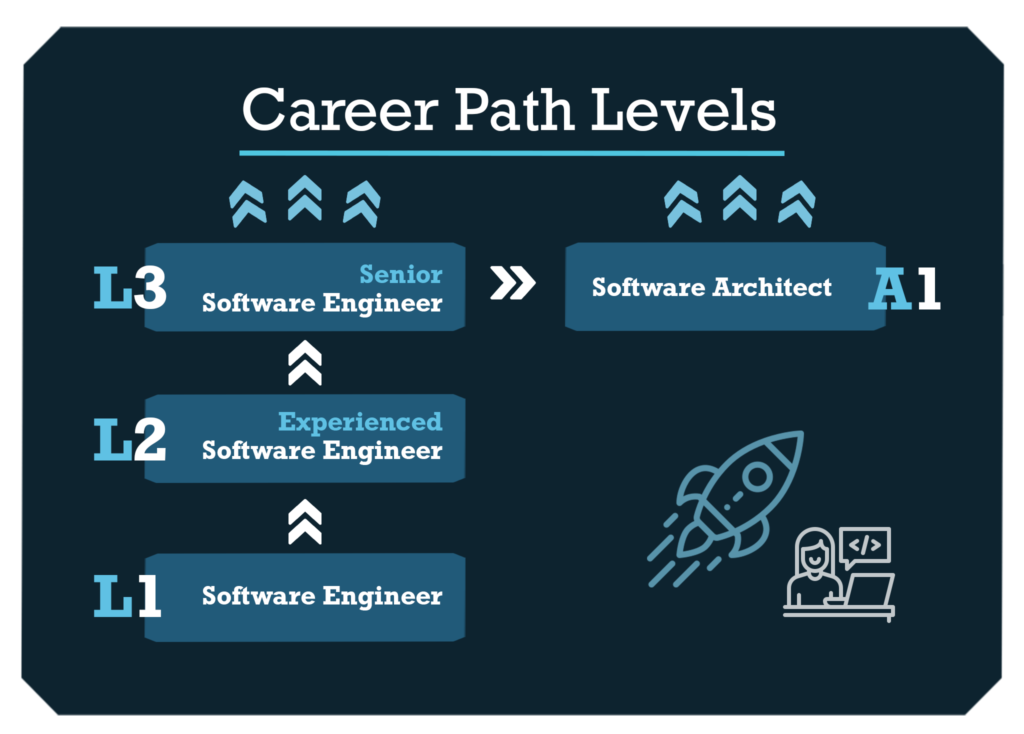Software engineer career path takes center stage, beckoning readers into a world of knowledge, ensuring an absorbing and original experience.
From entry-level to senior roles, specialized fields, and the importance of continuous learning, this path offers a dynamic journey for professionals.
Software Engineer Career Path Overview
As a software engineer, the career path typically progresses from entry-level positions to senior roles through gaining experience and expertise in various specializations within the field. Continuous learning and skill development are crucial in staying competitive and advancing in this dynamic career path.
Specializations in Software Engineering
Software engineering offers a wide range of specializations to cater to different interests and skills. Some common specializations include:
- Front-end Development: Focuses on creating user-facing interfaces and experiences.
- Back-end Development: Involves working on server-side logic and databases.
- Full-stack Development: Combines both front-end and back-end development skills.
- Mobile App Development: Concentrates on creating applications for mobile devices.
- DevOps: Involves ensuring smooth collaboration between development and operations teams.
- Data Science: Focuses on analyzing and interpreting complex data.
Importance of Continuous Learning
Continuous learning and skill development are essential in the software engineering field due to the rapid advancements in technology. Software engineers need to stay updated with the latest tools, languages, and frameworks to remain competitive and deliver high-quality solutions. Additionally, learning new skills can open up opportunities for career growth and specialization in niche areas.
Education and Skill Requirements
To pursue a career in software engineering, individuals need to meet specific educational and skill requirements. These requirements are essential for success in this field.
Educational Background
Having a strong educational background is crucial for aspiring software engineers. Typically, a bachelor’s degree in computer science, software engineering, or a related field is required to enter the profession. Some employers may also prefer candidates with a master’s degree for more advanced roles.
Technical Skills
- Proficiency in programming languages such as Java, Python, C++, or JavaScript.
- Knowledge of software development methodologies like Agile or Scrum.
- Experience with database management systems like SQL or NoSQL.
- Understanding of algorithms, data structures, and computer systems.
- Ability to work with various operating systems, such as Windows, Linux, or macOS.
Soft Skills, Software engineer career path
Soft skills play a significant role in the success of software engineers. These skills complement technical expertise and are essential for effective collaboration and problem-solving.
- Problem-Solving: Software engineers must be able to analyze complex problems and develop innovative solutions.
- Teamwork: Collaboration with other team members is crucial for successful project completion.
- Communication: Clear and effective communication skills are vital for conveying ideas, discussing requirements, and presenting solutions.
- Adaptability: The ability to adapt to changing technologies and project requirements is essential in the dynamic field of software engineering.
Career Trajectory and Advancement Opportunities: Software Engineer Career Path

Software engineers have various career trajectories and advancement opportunities within the industry. As they gain experience and expertise, they can transition into management roles or choose to specialize in niche areas such as cybersecurity, AI, or mobile development.
Management Roles
Software engineers with strong leadership and communication skills may advance into management roles such as technical lead, engineering manager, or chief technology officer. These positions involve overseeing teams, making strategic decisions, and driving the technical direction of projects.
Certifications and Advanced Degrees
Obtaining certifications in specific technologies or completing advanced degrees, such as a Master’s or Ph.D. in Computer Science, can greatly impact a software engineer’s career advancement. These credentials demonstrate specialized knowledge and skills, opening up opportunities for higher-level positions and increased responsibilities.
Specialization in Niche Areas
There are ample opportunities for software engineers to specialize in niche areas like cybersecurity, AI, or mobile development. By focusing on these specialized fields, professionals can become experts in their domain, leading to increased demand and higher pay scales. Specializing in niche areas also allows for continuous growth and learning in cutting-edge technologies.
Industry Trends and Job Market

Software engineering is a dynamic field that is constantly evolving with new technologies and programming languages. Staying updated with industry trends is crucial for software engineers to remain competitive in the job market.
Demand for Specific Programming Languages or Technologies
One of the current trends in the software engineering industry is the high demand for professionals skilled in programming languages such as Python, Java, JavaScript, and C++. Additionally, expertise in technologies like cloud computing, artificial intelligence, machine learning, and cybersecurity is also highly sought after by employers.
Job Market Outlook for Software Engineers
The job market for software engineers is projected to grow significantly in the coming years, with a faster-than-average growth rate compared to other occupations. As businesses continue to digitize their operations, the demand for software engineers will remain strong. In terms of salary expectations, software engineers typically earn competitive salaries, with opportunities for advancement and higher earnings as they gain experience.
Importance of Staying Updated with Industry Trends
It is essential for software engineers to stay updated with industry trends to remain relevant and competitive in the job market. By keeping abreast of the latest technologies, programming languages, and best practices, professionals can enhance their skill set, expand their career opportunities, and secure higher-paying roles.
Closing Notes

In conclusion, the software engineer career path offers a diverse range of opportunities for growth and specialization, emphasizing the need for continual skill development and staying abreast of industry trends.
